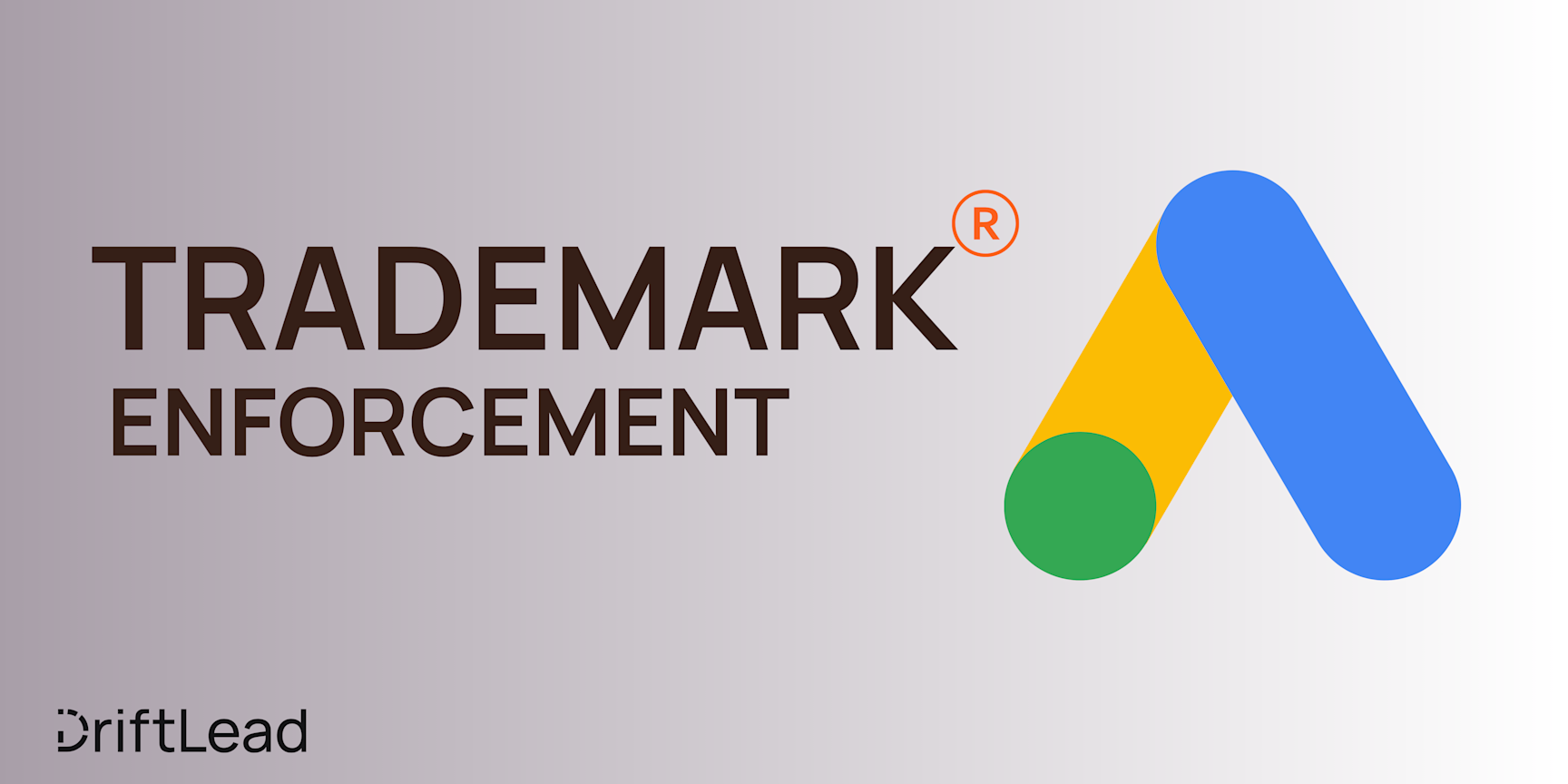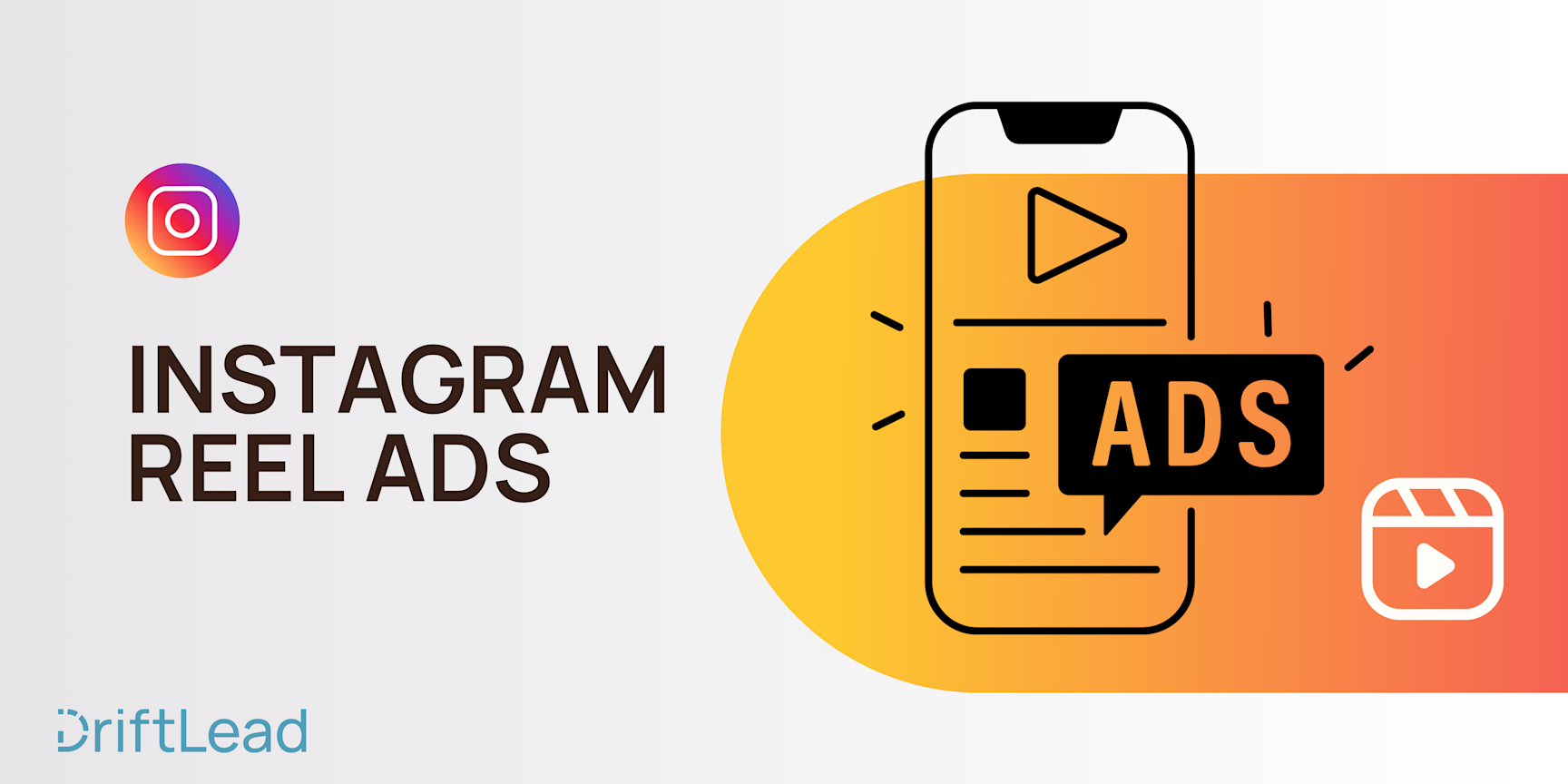Average CTRs in Facebook Ads (By Ad Type and Industry)
25 Apr, 2024
See how your Facebook ad CTRs stack up against industry and ad-type benchmarks
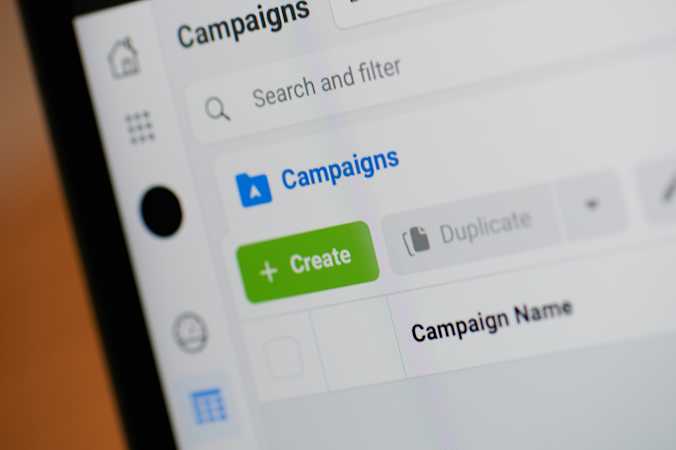
Jump to:
Hop on our weekly newsletter train! We're sharing tips so stellar, we're practically job-threatening ourselves!
In the ever-evolving arena of digital marketing, Facebook Ads reign supreme as a powerful contender for capturing audience attention and driving conversions. But amidst the flurry of ad campaigns, one metric stands tall as the ultimate measure of success: the click-through rate (CTR). It's the digital equivalent of a popularity contest, where ads vie for the coveted clicks of their target audience.
And just like any good competition, there are winners and, well, let's just say some ads need a little more practice. 🏋️♀️
So, what separates the CTR champions from the also-rans? Buckle up, folks, because we're about to dive into the industry benchmarks that you can use to gauge whether your ads are winning or need some help.
Average CTR on Facebook Ads by Industry
When it comes to click-through rates (CTRs) on Facebook ads, some industries outperform others. According to various sources, the industries with the highest average CTRs are:
Travel: 6.62%
Arts and Entertainment: 3.70%
Apparel & Footwear: 1.75%
Legal: 1.61%
Home and Garden: 1.30%
Health & Beauty: 1%
Fitness: 1.01%
On the other hand, some industries struggle to achieve high CTRs on Facebook:
Technology: 0.73%
Food & Drink: 0.79%
Employment: 0.47%
Finance & Insurance: 0.56%
Home Improvement: 0.7%
Industrial Services: 0.71%
Education: 0.73%
B2B: 0.78%
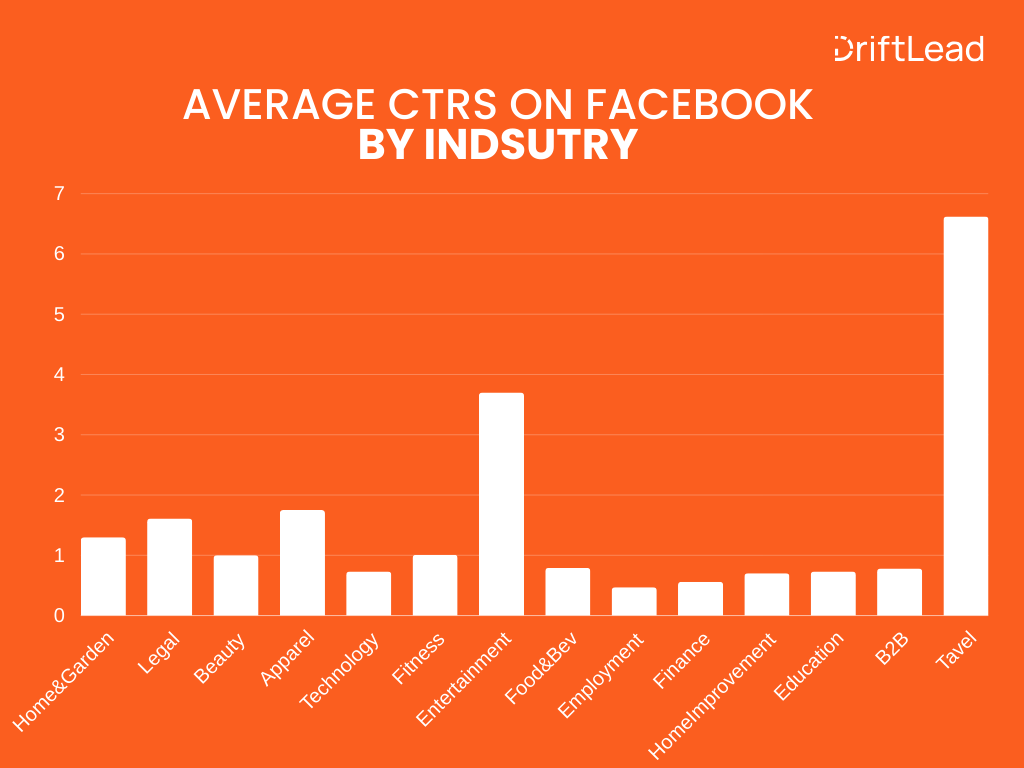
The sources indicate that industries like apparel, retail, home/garden, beauty tend to have higher CTRs on Facebook/Meta likely due to engaging visuals and promotions. Industries like food/drink, finance, employment have lower CTRs, possibly due to less engaging ad content or audience intent.
Average CTR on Facebook Ads by Ad Type
The ad format you choose can significantly impact your click-through rates and overall campaign performance on Facebook. While video ads tend to drive the highest engagement, each format has its own strengths and ideal use cases.
Top Performing Ad Types for CTR:
Video Ads (Avg CTR: 1.84%)
Pros: Immersive, great for storytelling and product demos
Cons: Can be more expensive and get less overall visibility
Collection Ads (Avg CTR: 1.54%)
Pros: Seamless e-commerce integration, drive product discovery
Cons: Require existing product catalog setup
Lead Ads (Avg CTR: 1.68%)
Pros: Reduce friction for lead capture
Cons: Less brand awareness than top-funnel formats
Middle of the Pack:
Carousel Ads (Avg CTR: 1.13%)
Pros: Showcase multiple images/angles, interactive
Cons: Can look busy, require more creative assets
Messenger Ads (Avg CTR: 1.29%)
Pros: Start conversations, cut through newsfeed noise
Cons: Newer format, potential for low open rates
Lower Engagement Formats:
Image Ads (Avg CTR: 0.80%)
Pros: Cost-effective, easy to produce creative
Cons: Lots of newsfeed competition, may get lost
While CTR is an important metric, it doesn't tell the full story. Ad formats like image and video can excel at upper-funnel objectives like brand awareness, where CTR may be lower but video views and engagement could be high. The best ad type depends on your campaign goals, audience, budget, and where users are in the marketing funnel. Testing different formats and monitoring performance metrics beyond just CTR is crucial for optimization.
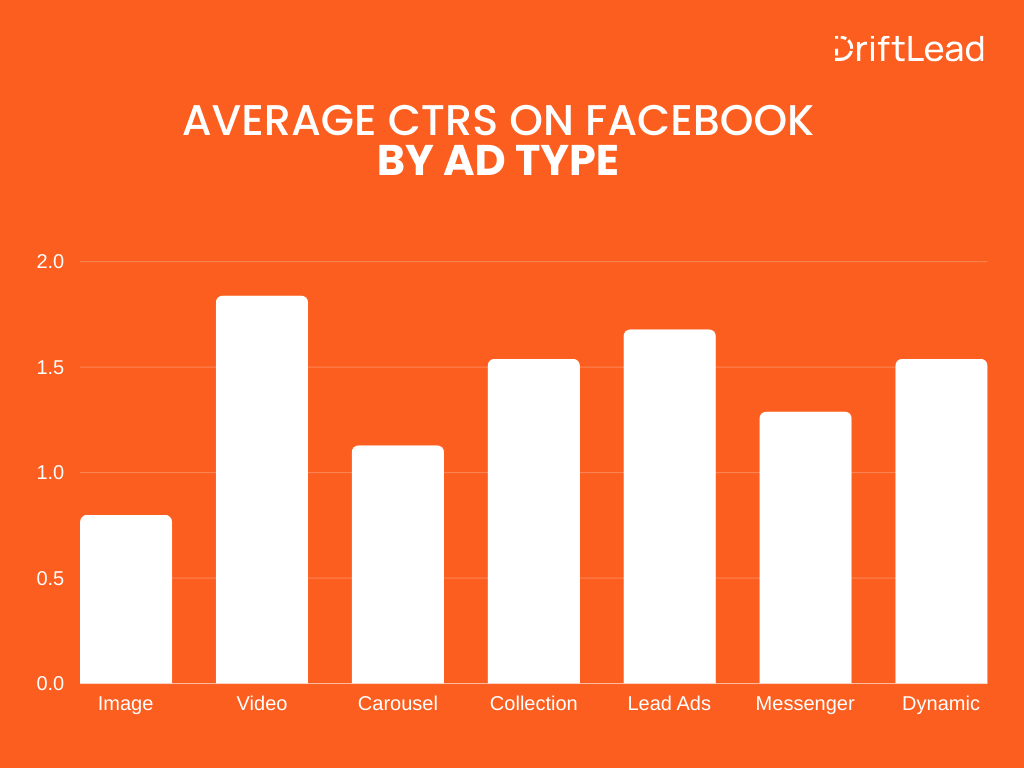
Benchmarks for Prospecting vs Retargeting Campaigns
When analyzing Facebook ad performance, it's important to distinguish between prospecting and retargeting campaigns as they tend to have different benchmarks.
Prospecting Campaigns
Prospecting campaigns are focused on reaching new audiences who are unfamiliar with your brand or product. The goal is to generate awareness and interest. According to data:
The average CTR for prospecting campaigns on Facebook is around 1.2%
More visually-driven industries such as clothing, health, beauty, and home and garden can capture attention better for cold audiences
While a 1.2% CTR may seem low, it's actually quite good for introducing new prospects to your brand. Users are less likely to click on an ad for something they've never heard of before.
Retargeting Campaigns
Retargeting campaigns, on the other hand, are aimed at users who have already engaged with your brand in some way - such as visiting your website. The audience is already warmer, so benchmarks differ:
The average Facebook retargeting CTR is around 1.0%
Clothing/Accessories retargeting CTRs can be lower than prospecting at around 1.0%
However, retargeting often yields higher conversion rates and ROAS
While the CTR benchmark is slightly lower for retargeting, the audience is pre-qualified and more likely to convert if they click. So a 1.0% CTR can still be cost-effective.
Optimizing Facebook Ads for Higher CTRs
While average CTR benchmarks provide useful baselines, the true goal is to maximize your own Facebook ad performance. Here are some key strategies to optimize for higher CTRs:
Audience Targeting and RelevanceLaser-focused targeting using Facebook's interest, behavior, and demographic data is crucial. The more relevant and valuable your ads are to the audience, the higher CTRs you'll see.
Build tailored audience segments based on purchase behavior, interests, life events etc.
Use overlap audience targeting to reach highly specific intersections
Test different audience sources like website visitors, customer lists, lookalikes
Continuously refine audiences based on which ones drive the highest CTRs
Creative Best PracticesYour ad creative and copy need to make an impact and compel clicks in a split second. Implement best practices like:
Eye-catching visuals and video creative optimized for mobile feeds
Compelling ad copy that highlights a clear value proposition
Rotating fresh creative regularly to combat audience fatigue
A/B testing different formats, angles, copy, and calls-to-action
Campaign Optimization TacticsLeverage Facebook's advanced campaign optimization tools and strategies:
Automated A/B testing to let Facebook identify top performing creative/audiences
Strategic bid capping and audience bid adjustments
Placement optimization to prioritize top-performing ad placements
Conversion campaign budget optimization to maximize campaign efficiency
Measurement and AnalysisContinuously measure and analyze your CTR performance using:
Facebook Ads Manager's built-in CTR reporting
Comparing CTR to other KPIs like CPC, CPM, and conversion rates
Leveraging Facebook's ad reporting tools for deeper funnel analysis
Integrating with third-party analytics platforms for unified reporting
Optimizing for higher Facebook CTRs requires a data-driven approach of continuous testing, measurement, and refinement across creative, targeting, delivery optimization and more. The brands that stay agile and leverage Facebook's advanced capabilities will see the best results.
